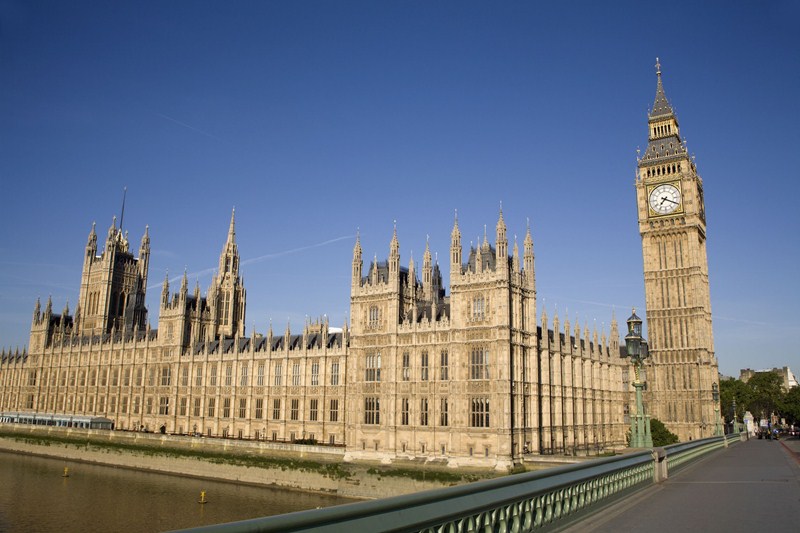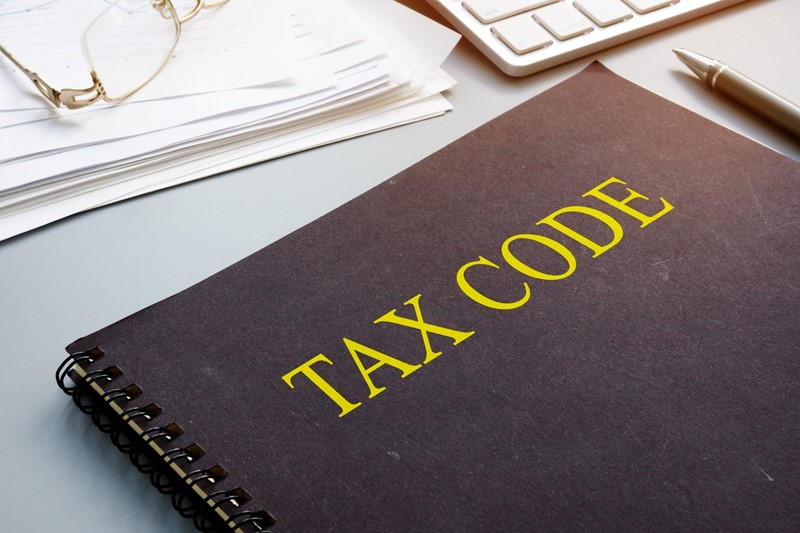The new Chancellor of the Exchequer, Rachel Reeves, delivered her widely anticipated House of Commons statement on 29 July 2024. The Chancellor asserted that the new government has inherited a £22bn hole in the public finances. The Chancellor said that she will take the “difficult decisions” necessary to find £5.5 billion of savings this year and £8.1 billion next year.
The main measures announced by the Chancellor included the following:
- The scrapping of the Winter Fuel Payment for those not in receipt of Pension Credit from this year onwards. The Government will continue to provide Winter Fuel Payments worth £200 to households receiving Pension Credit or £300 for households in receipt of Pension Credit with someone aged over 80. Winter Fuel Payments are devolved in Scotland and Northern Ireland.
- VAT will be charged at the standard rate of 20% on private school fees from 1 January 2025. This will apply to any fees for the term starting in January 2025 that are charged from 29 July 2024.
- The planned cap on care costs for adult social care due to be introduced in October 2025 has been scrapped.
- The scrapping of the Rwanda migration partnership and scrapping retrospection of the Illegal Migration Act.
- The cancelling of a number of large-scale road and railway schemes.
A date for the next Budget was also confirmed. The Chancellor announced that this will take place on Wednesday 30 October 2024. The Chancellor restated Labour’s manifesto commitment not to increase the basic, higher or additional rate of income tax, National Insurance or VAT.
However, we can expect additional tax and spending cuts in the upcoming Budget. The Chancellor still has scope to increase other taxes including Capital Gains Tax, Inheritance Tax, Stamp Duty and Fuel Duties at the upcoming Budget.









